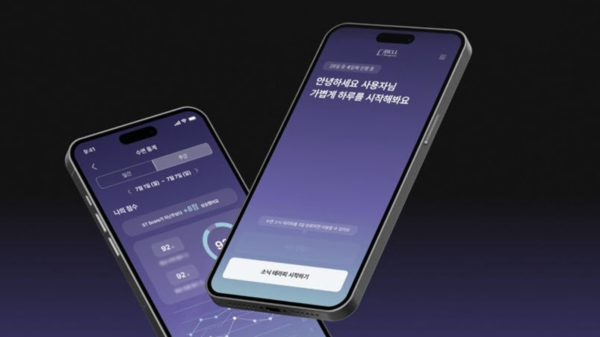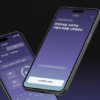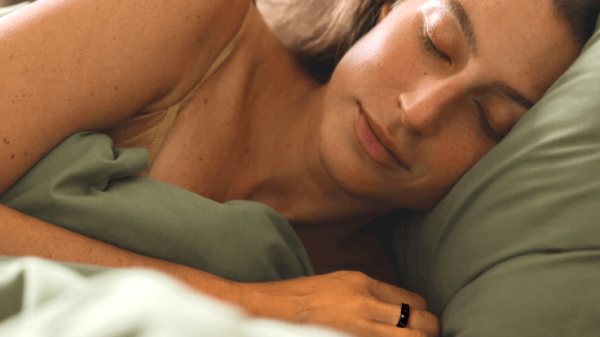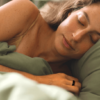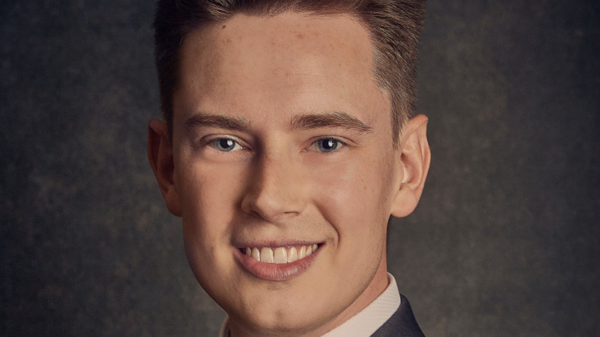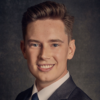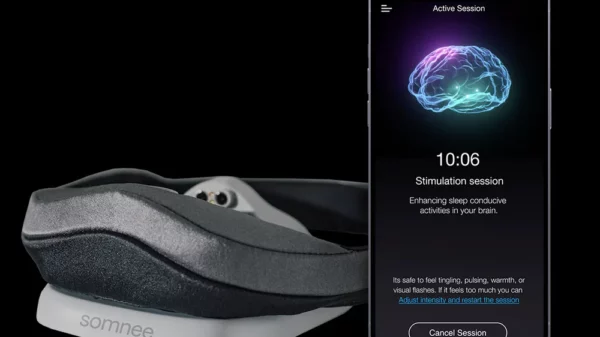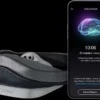Two company leaders in the sleep technology sector recently collaborated to write a thought-provoking article covering topics related to the future of the industry, particularly regarding the importance of meticulous data usage to promote health and wellness.
On Sunday, Patrick Yam, CEO and Co-Founder of Somnology; and Mark Goettling, Co-Founder of BodiMetrics released the written segment entitled “Why improving sleep quality requires better data — and better follow up.”
The release of the new article follows a partnership announcement from the two companies back in May.
Read more: 3 wearable devices that help with sleep and relaxation
Read more: The Mugglehead technology roundup: sleep technologies
Yam and Goettling say that wearable sleep trackers have vast potential for individuals seeking to measure their sleep quality. They also say that the demand for those devices has been escalating rapidly over the past two years. They partially credit that surge in demand to major celebrities such as LeBron James starring in television and podcast segments discussing the value of a good night’s sleep.
With the rising popularity of sleep trackers and an increased interest in the value of adequate rest, the authors say it is no surprise that the market for wearable smart rings embedded with sleep trackers has skyrocketed.
The two company leaders’ say that the latest estimates provided by IndustryARC market research show that the wearable sleep trackers market is projected to reach US$4.2 billion by 2026 at a compound annual growth rate (CAGR) of 7.6 per cent.
“Over the last two years, technologists have made strides in improving the accuracy of wearables that can detect meaningful sleep patterns and concerns. Solutions on the market today can detect sleep patterns that compare favourably with an in-person sleep study and continuously monitor and record blood oxygen levels — something not typical for at-home wearables — which leads to more accurate readings,” said Yam and Goettling.
“This is incredible progress, considering that sleep disorders contribute to chronic conditions such as heart disease and hypertension and can worsen diseases such as diabetes,” they added.
Despite all of this, Yam and Goettling say that there is a disconnect between the data these devices generate and our capability to make a substantial impact in resolving sleep issues that affect approximately 70 million American citizens. Thus, they state that we not only need more efficient ways to manage sleep data but also a more thorough system for health management.
Yam and Goettling cite that a recent study published in the Annals of Behavioral Medicine journal showed that merely one bad night of sleep (defined as less than six consecutive hours) would increase an individual’s feelings of anger, frustration, nervousness and loneliness.
However, the authors say that having clinically validated solutions capable of distilling and contextualizing data into valuable insights for the consumer to act upon will be paramount going forward (if we act efficiently). They state that the complexity of disorders such as PTSD, lung disease and stress merit the need to evaluate treatments in a broader context and that these conditions taking a toll on an individual’s quality of life cannot be treated by merely prescribing a continuous positive airway pressure (CPAP) device.
Yam and Goettling feel that a more methodical holistic approach could properly address sleep while attending to other concerns. They suggest this might include the utilization of medical-grade sleep-tracking smart rings which would collect data overnight and transmit it to a clinical specialist for analysis in a remote sleep laboratory.
They also say that a more comprehensive data set including 10 to 14 consecutive nights of recordings could assist specialists to isolate individual behaviours requiring attention, such as waking up multiple times throughout the night.
According to Yam and Goettling, if this type of well-rounded approach is used in unison with telehealth to help facilitate conversations between people and sleep experts, patients will then interact with professionals on a more regular basis who can suggest more specific or targeted solutions and secondary aid — such as lifestyle alterations and consultation from a behavioural health therapist.
“The sleep crisis in America won’t be solved by handing out lavender satchels or fitting everyone in America with a CPAP device. To truly address sleep health, we need to reframe our mindset around sleep as a key contributor to overall health management,” said Yam and Goettling.
“As more consumers adopt wearable technology, health leaders should seize this moment as an opportunity for engaging them in improving their sleep health. By easing the barriers to sleep health awareness, diagnosis of disorders and treatments, health leaders will ensure that more Americans will have the access to resources they need to sleep soundly long into the future,” they concluded.
Hapbee Technologies, Inc. (TSXV: HAPB) (OTCQB: HAPBF) (FSE: HA1) is one great example of a company offering innovative wearable accessories such as the HapBee Neckband, which utilizes patented ultra-low radio frequency energy technology to help individuals sleep better.







